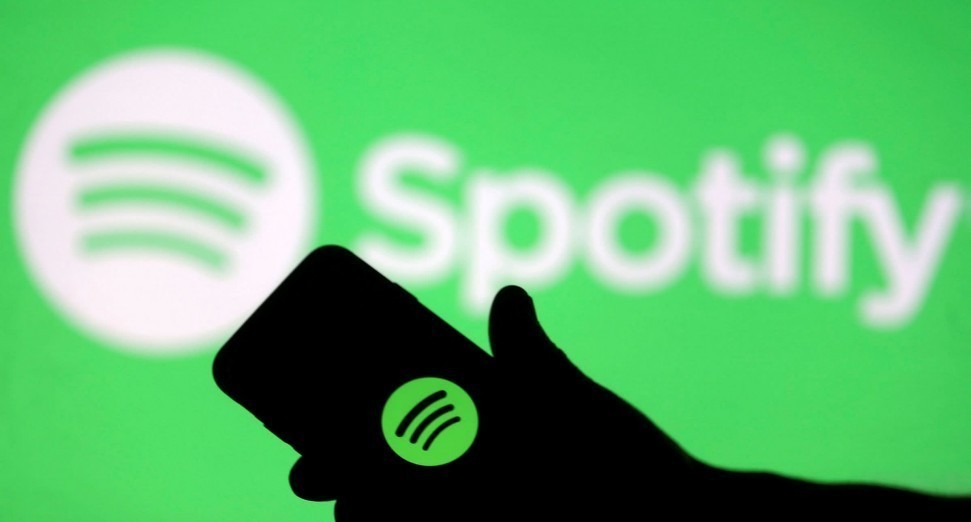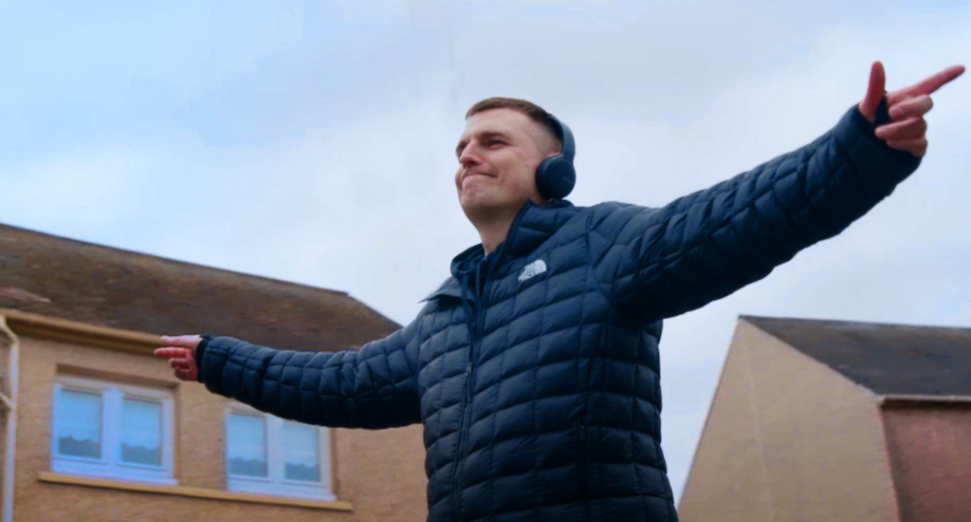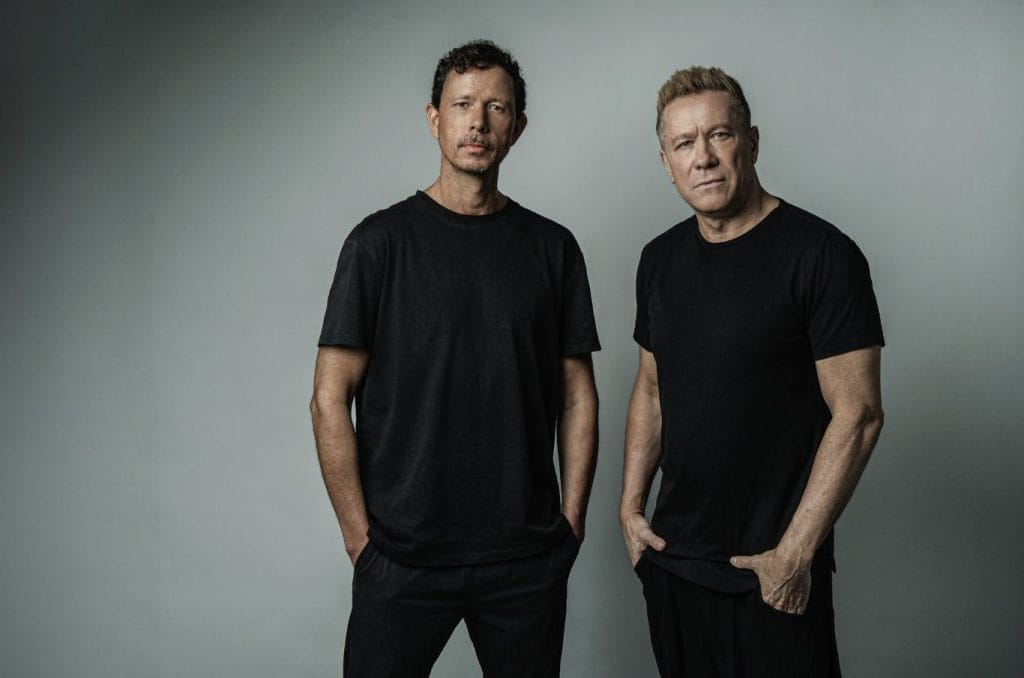
Cosmic Gate Reflect on You and the Balance Between Legacy and Progress
Cosmic Gate continued their long-running exploration of trance and progressive music with You, released in October 2025 via Black Hole Recordings. The track served as the second single from their Perspectives EP 2, following Never Erase You with Diana Miro. Built on deep pads, patient progression, and a warm melodic core, You showcased the duo’s ongoing balance between nostalgia and evolution.
In this conversation, Nic and Bossi reflected on how decades of experience still guide their sound today. They described growth as something that happens naturally through curiosity and consistency rather than reinvention for its own sake. Even as they draw from their roots in trance, house, and early electronic music, their focus remains on how modern audiences experience emotion through sound.
The pair also discussed how the relationship between clubs, festivals, and culture continues to shift. For Cosmic Gate, authenticity means understanding that music moves in cycles. Staying connected to those cycles—while keeping an open ear to what comes next—has always been at the heart of their work, and You stands as the latest reflection of that mindset.
Interview with Cosmic Gate
How do you stay connected to the past while still moving your sound forward?
In the end we think it’s pretty much more or less something like an automatic process for us. We live in the here and now, play the latest tunes in our sets and radio show, always have an eye and ear out for what’s hot and new. On the other hand of course, we have our music knowledge and experience from a span of a few decades back since we pretty much started listening to music.
That’s certainly always with us as well, it’s a big part of who we are, what we dig, like for everyone out there as well, being a musician or not.
We feel this musical knowledge is pretty much the collection of who we are and what brought us here, and that’s why during our sets we play songs from different parts of our career, reminisce here and there, and play classics. We think as a DJ and producer in the electronic music industry it’s simply important to keep relevant and forward thinking, and that’s what we do, but we feel our Cosmic Gate sound has a specific kind of DNA, a red line that lives through our sound, if it was during the harder trance styles in the late 90s or in the deeper progressive sounds of recent years.
And maybe this is the purest connection from our modern sound to back what we did in our early years.
What parts of your roots always find their way back into what you make, no matter how your style changes?
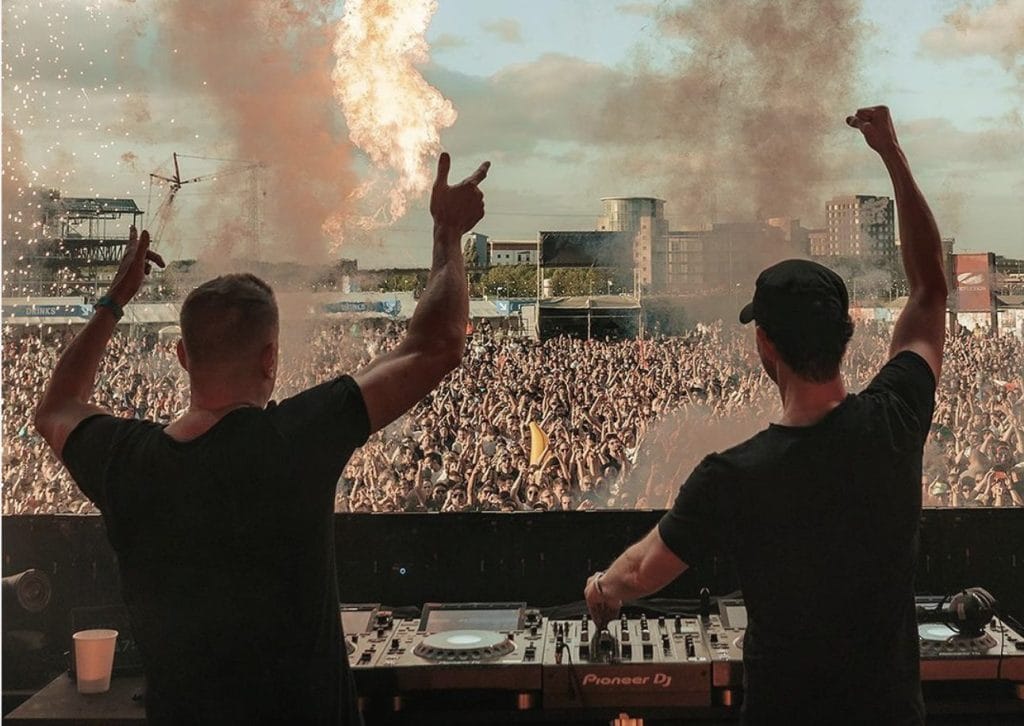
Our musical roots really are widespread, 80s wave, disco, house, early r&b and soul, even opera, pretty much everything besides maybe rock music we could mention here that formed our musical taste in the end. What of all those various styles found its way into our productions, that’s something we actually never really much thought about. Sure, we are considered Trance, but we can agree that we aren’t the average Trance producing act for sure.
Trance for us is a certain feeling that music gives us, less a genre as the industry is trying to brand it with. Often the biggest hits of the genre certainly are not for us, it’s usually a sound that’s far from what we play. On the other hand, a guy like Eric Prydz certainly isn’t Trance for most, but quite a lot of his tunes fit our sets, as his tunes simply have that specific progressive repetitive vibe we like.
Same with Melodic Techno. They took a lot of Trance elements, changed them up, in a way like Tech Trance did many years ago as well. We love those tunes that do not necessarily fit a certain box or style. Those genre-crossing tunes for us belong to a good DJ set, especially in the longer ones. A good set for us needs to play with different styles and vibes, and that in the end for us is nothing else than the art of DJing, by creating a certain energy by playing different sounds and creating something meaningful by putting all those different unique pieces together, hopefully in a way like no one else would.
That’s what real DJs are there for, and that’s what we are keeping with us as our most important root since the beginning of our career. We believe in this deeply, many DJs try to shine by jumping on the decks or orchestrate the crowd with the microphone, we feel a good DJ uses music to shine, and nothing else.
At what point does experimenting start to feel disconnected from where the music came from?
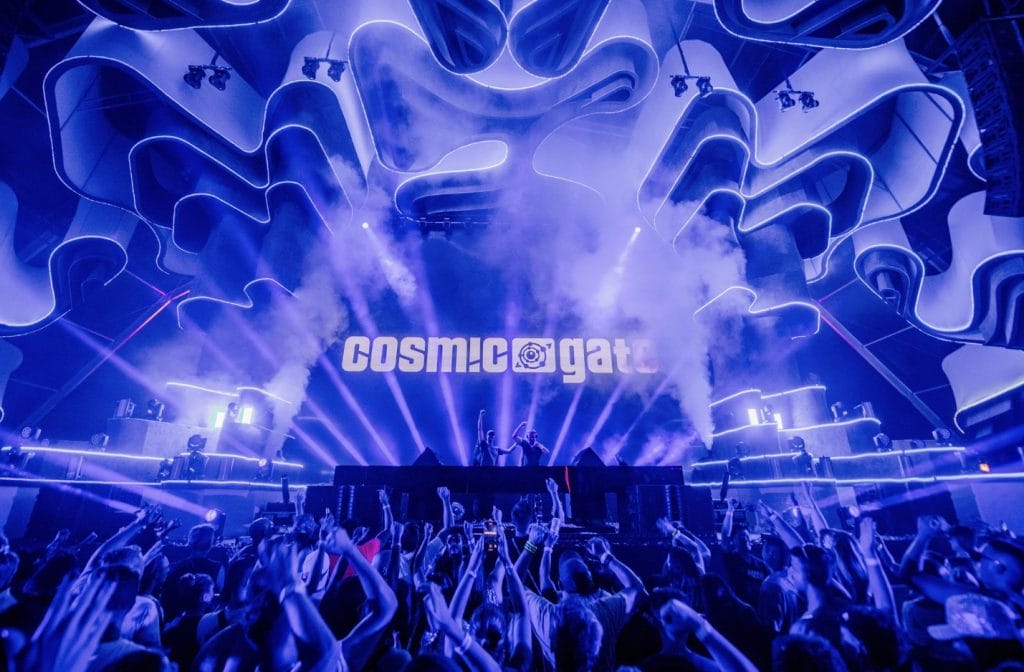
We feel we push our sounds forward quite a lot, we would be bored to not add new aspects to our sound, but certainly we won’t call this experimenting, it’s pushing boundaries by keeping our musical curiosity alive. Experimenting would be to do an ambient album, or something out of our genre, which would be totally ok, and honestly a fun thought even, but we simply do not have the time for it.
With our booking schedule it sometimes feels like there isn’t enough time for new CG productions even, but when we do these, we are always inspired by the fresh new music we hear, mixed with our rich level of music experience and knowledge we spoke about, to in the end always be our recognizable self but hopefully never repetitive or boring.
What lessons from the old school still feel relevant to how people make and experience music today?
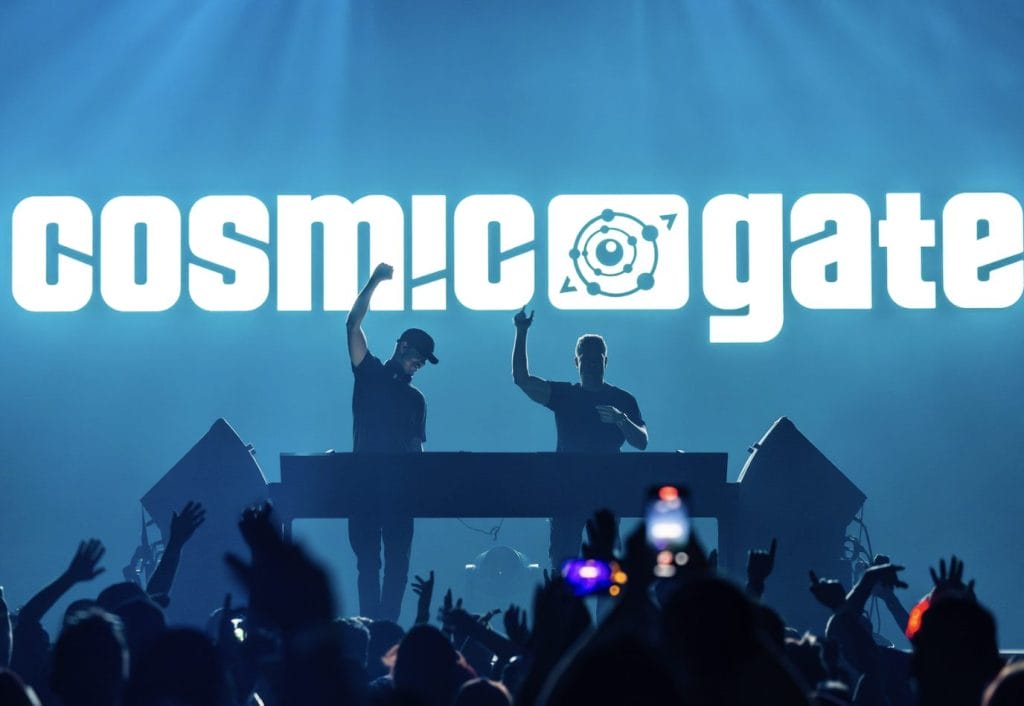
Making music hasn’t changed so much. If the sound comes from an analog synth or from a digital plug-in, it doesn’t really change the way it’s getting produced.
Experiencing music might be different in the times of bigger events, huge music festivals everywhere, while the club scene is having a real hard time and most clubs shut their doors unfortunately. It seems to be more attractive to go to big events, and the focus is on the experience level of huge light and laser shows than the intimacy of a club event. Clubs were a place you went to every week, certain people had their spot, you knew the bartender and bouncer, and the word unity and scene still had more of a meaning.
If we learned one thing though, it’s that things move in circles. What’s hot today, is forgotten sometime in the future, and what’s purely underground suddenly sets trends and becomes the new hip. That’s why we think there will be a counter-movement in some way coming, from the super festivals back into clubs eventually. We feel there should be space for both, and as DJs to have both to play, is an absolute blessing, and we wouldn’t want to give up one or the other.
How do you bring newer audiences into those foundational sounds in a way that feels natural, not like a lecture?
A DJ has a fine line to walk on at times. It’s about giving the crowd what it wants, but also teaching them new ways, giving them something they do not know, something they didn’t know to be missing even. You are correct though, this should be subtle and not forced, a DJ should not come over as lecturing the crowd.
In the end, club DJs are no juke boxes either, and hopefully people will always be curious enough and long for something new at least. The club culture will stay alive, reminiscing is good, but the future will always lay ahead of us, not in the present even and certainly not in the past.

